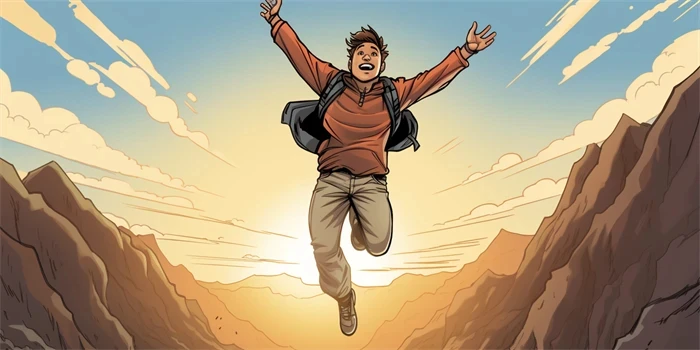Poetry has long been considered a sublime art form that expresses the deepest of human emotions, evokes profound thoughts, and captivates readers with its rhythmic beauty. Traditionally, poets meticulously craft their verses, carefully choosing each word to create a masterpiece. However, with the advent of Artificial Intelligence (AI) technology, a new era in poetry has dawned. AI poem generators have emerged, capable of producing poems that challenge the very essence of traditional poetry. In this article, we will explore how AI poem generators are redefining the art of poetry.

The Evolution of Poetry Generation
Historically, poets have relied on their creative prowess and linguistic skills to compose poems. The process often involves a deep understanding of language structure, metaphorical expressions, and other literary techniques. However, AI poem generators have disrupted this traditional paradigm by utilizing advanced algorithms and machine learning techniques to craft poems.
These AI systems, fueled by massive amounts of data, are trained to analyze patterns, recognize emotions, and mimic human language. They can generate poems that possess remarkable coherence, imaginative metaphors, and even evoke emotive responses. By pushing the boundaries of creative writing, AI poem generators challenge the notion that human intervention is indispensable for poetic expression.
The Pros and Cons of AI-Generated Poetry
The rise of AI poem generators has sparked a spirited debate among poets, critics, and enthusiasts. While some embrace the new form of artistic creation, others remain skeptical about its merits. Let us examine the pros and cons of AI-generated poetry to better understand the implications.
Pros:
1. Unleashing Creativity: AI-generated poetry pushes the boundaries of what is imaginable, often producing unexpected and thought-provoking verses. It allows for novel expressions and ideas that can inspire human poets.
2. Accessibility: AI poem generators democratize poetry, making it more accessible to a wider audience. People who have never dabbled in writing poetry can now engage with and appreciate this art form.
3. Efficiency: The AI technology behind poem generators can produce a vast number of poems rapidly. This offers poets the opportunity to explore more ideas and experiment with different styles without being restricted to their limited time and energy.
Cons:
1. Lack of Emotional Depth: While AI poem generators excel in mimicking human language, they often fall short when it comes to evoking genuine emotions. The emotional depth and intimate experiences that human poets infuse into their verses are difficult to replicate.
2. Lack of Contextual Understanding: AI poem generators may produce technically sound poems, but they often lack a deep understanding of cultural, historical, and personal contexts. This can lead to superficial verses that fail to resonate with readers on a profound level.
3. Overreliance on Data: AI-generated poems heavily rely on the data they are trained on. This means that if the training data is biased or limited, the generated poems may be skewed or lack originality.
The Beauty in Imperfection: AI as a Collaborative Tool
While AI poem generators have their limitations, they can be seen as a collaboration between humans and machines. By using AI as a tool, human poets can tap into its capabilities, presenting a harmonious blend of human creativity and AI’s computational power.
AI poem generators can assist poets in generating initial ideas, suggesting novel word choices, or even helping with the structural aspects of a poem. This collaboration can enhance the creative process, enabling poets to explore uncharted territories and break free from creative constraints.
Frequently Asked Questions
1. Will AI poem generators replace human poets?
No, AI poem generators do not aim to replace human poets. Instead, they serve as a complement and a source of inspiration. Human emotions, experiences, and creativity are integral to poetry and cannot be replicated by AI alone.
2. Can AI-generated poetry be considered “real” art?
Art is subjective, and the definition of “real” art can vary among individuals. While AI-generated poetry can be appreciated for its technical accuracy and novelty, whether it possesses the same artistic quality and depth as human-created poetry is a matter of personal interpretation.
3. Are AI poem generators being used commercially?
Yes, AI poem generators have found commercial applications. Some platforms offer AI-generated poems for personalized greeting cards, advertisements, or even custom poetry commissions. However, the commercial use of AI-generated poetry raises questions about authenticity and originality.
Conclusion
AI poem generators have unquestionably redefined the art of poetry by challenging traditional conventions and expanding creative possibilities. While they may lack the emotional depth and contextual understanding of human poets, they offer a unique collaboration between man and machine, unlocking new realms of poetic expression. As AI technology continues to evolve, we can expect exciting possibilities that blur the boundaries between human creativity and artificial intelligence.


